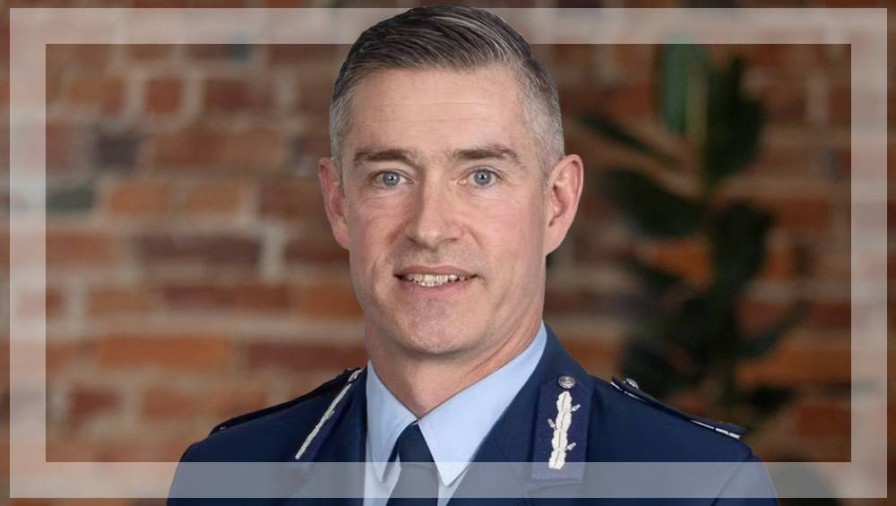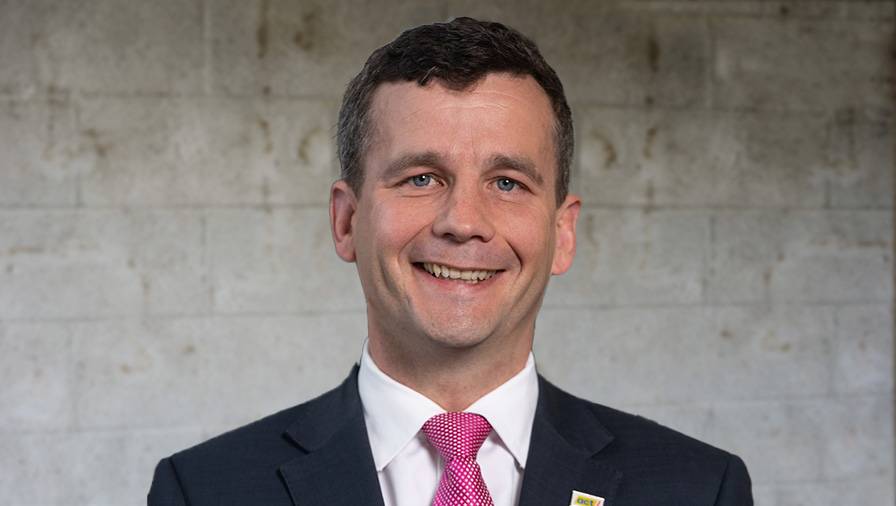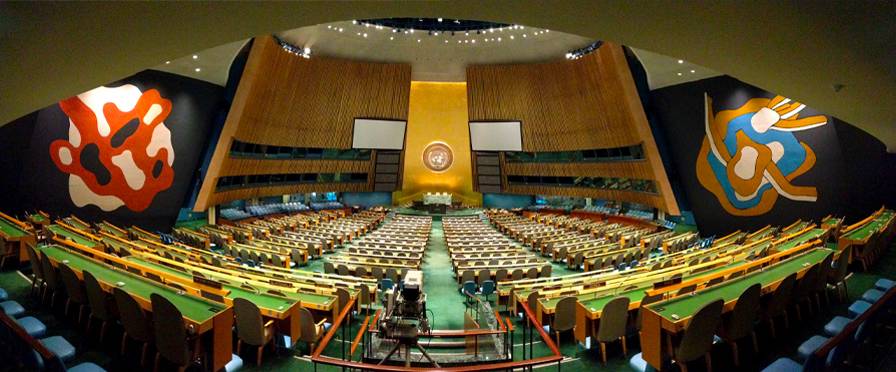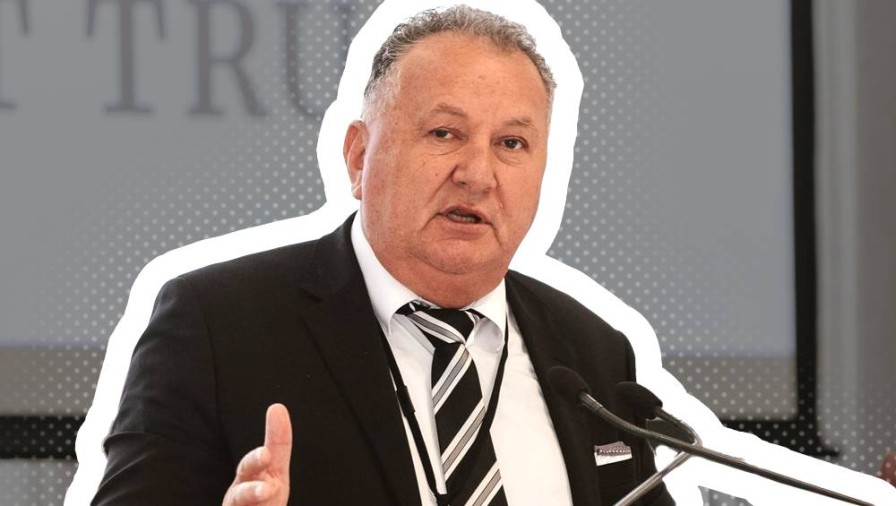

Woke police, charter schools, offshore gas, boosting trade
Act’s charter school policy is in place and NZ First is repealing the ban on offshore oil and gas exploration.
WATCH: Simon Shepherd speaks with Brent Edwards.


Act’s charter school policy is in place and NZ First is repealing the ban on offshore oil and gas exploration.
WATCH: Simon Shepherd speaks with Brent Edwards.
Just as the Government’s ‘tough on crime’ approach is gaining momentum, Police Commissioner Andrew Coster is jumping ship.
Coster, often the target of criticism when the National Party was in opposition, is off to a new job as chief executive of the Social Investment Agency. Some who saw him as soft and woke – former National Party leader Simon Bridges for example – might think he has landed the dream job.
Even Police Minister Mark Mitchell disagreed with Coster when in Opposition, although the two appear to have had a congenial professional relationship since Mitchell became minister.
Prime Minister Christopher Luxon was also quick to praise Coster, saying he had delivered “big time” for the Government despite earlier National Party criticisms.
It seems unlikely that the Government, if it were dissatisfied with his performance as commissioner, would have been happy for him to take over at the Social Investment Agency, an agency National puts a lot of store in.
“He has served with integrity and, with his background and experience, I know he will do an outstanding job leading the Social Investment Agency,” Mitchell told RNZ.

Police Commissioner Andrew Coster is moving to a new job as head of the Social Investment Agency.
Another person who might have had his dreams met this week is Act leader and Associate Education Minister David Seymour.
His Education and Training Amendment Bill, which sets up charter schools, passed its third reading in Parliament this week. It means Seymour is on target to have the first charter schools up and running by the beginning of next year.
“Establishing charter schools, lifting attendance, and streamlining early education regulations are all essential to raising achievement. This legislation will set in motion the system changes that need to happen to make the education system more flexible and responsive to the needs of students and families,” he says.
An irony though, is that the Government is essentially limiting the flexibility of state schools and imposing more regulation on them.
Not only does the legislation require state and integrated schools to submit attendance data to the Ministry of Education but, later in the week, Seymour also announced they were banned from holding teacher-only days during school terms.
Yet teacher only days do not reduce the number of days students are at school because, legally, schools must open for learning a set number of half days a year. Seymour might have also jumped the gun, with the Ministry of Education telling teacher unions the Education Minister, Erica Stanford, had not yet made a decision on the matter.
When it comes to charter schools, an Authorisation Board has been set up to be responsible for approving new charter schools, overseeing their performance, and intervening when they do not meet their contracted performance outcomes. Once the board approves sponsors of a charter school, a new Charter School Agency will finalise their contracts.
So, there will be a dual bureaucracy in education: one running state and integrated schools and the other charter schools.

Act Party leader and Associate Education Minister David Seymour.
While he is happy about charter schools, Seymour was not so happy with Foreign Minister Winston Peters over New Zealand’s vote last week at the United Nations on Israel’s presence in occupied Palestinian Territory.
Foreign Minister Winston Peters, who is also New Zealand First leader, says New Zealand’s yes vote was fundamentally a signal of its strong support for international law and the need for a two-state solution to the Palestinian-Israeli conflict.
The resolution affirmed the International Court of Justice’s advisory opinion on Israel’s unlawful presence in the occupied Palestinian Territory.
Peters says the resolution was not perfect and New Zealand explained its reservations at the UN.
While Seymour says he supports the Government’s vote on the resolution, he expects to be consulted over votes at the UN.
He points out that Act has long been sympathetic to Israel and that, as MP for Epsom, he represents probably the largest Jewish community in New Zealand.
At the same time, though, Seymour acknowledges things can happen quickly at the UN – and normally overnight – so there might be little opportunity for consultation.
National’s deputy leader Nicola Willis says she had no expectation her party would be consulted on the vote. “I’m sure, in the course of events, that the minister will have spoken with the prime minister. The nature of foreign affairs and the fast-moving nature of resolutions is that that engagement occurs at that top level,” Willis told reporters.
It is unlikely to be an example of coalition tension, but Peters will not be amused if Seymour really is serious about being consulted on votes at the UN.

New Zealand’s vote at the United Nations on a resolution on Israel has caused some discomfort within the coalition.
Resources Minister Shane Jones has finally introduced legislation to repeal the ban on offshore oil and gas exploration. It will have a truncated select committee process and he expects it to be law by Christmas.
How soon, then, before the big oil companies are queueing up to drill off the coast?
Both Labour and the Greens make it clear they will bring the ban back, so there is little political certainty for companies thinking about investing huge amounts in exploring and drilling for gas here. Even if they do, and strike it lucky, it would be years before any new gas started flowing on shore.
And, finally, the fastest trade deal in the west was signed this week, with New Zealand stitching together a deal with the United Arab Emirates just four months after formally starting talks.
But the negotiations did not start from nothing. New Zealand had started negotiations with the Gulf Cooperation Council – of which the UAE is a member – in 2007 and largely concluded them in 2009. They were put on hold after the GCC put a moratorium on free trade agreements. The two sides agreed to restart negotiations in 2022 although there has been little progress.
Forging ahead with a deal with the UAE is seen as a way of kickstarting the GCC talks.
In announcing the deal, Trade Minister Todd McClay says it will contribute to the Government’s ambitious target of doubling exports by value within 10 years.

Resources Minister Shane Jones.
But a Treasury paper obtained by NBR this week casts some doubt on whether free trade agreements can really help, pointing out they tend to tilt the playing field in favour of incumbent industries, with a big focus on securing market access for primary sector goods.
In the case of the UAE deal, it is expected to give a big boost to dairy, meat, and horticultural exports, which make up a large proportion of New Zealand’s trade with the Gulf state.
The Treasury does not appear to believe that is the best way to double the value of New Zealand’s exports.
“Materially shifting export value would require structural economic change and a substantial transition of resources and investment towards export-oriented activities of higher value,” it says.
Meanwhile, as Seymour remains worried about attendance rates, schools are on holiday for the next two weeks. So too is Parliament.
Beehive Banter is now hosted by Simon Shepherd, with NBR’s political editor Brent Edwards.
Sign up to get the latest stories and insights delivered to your inbox – free, every day.